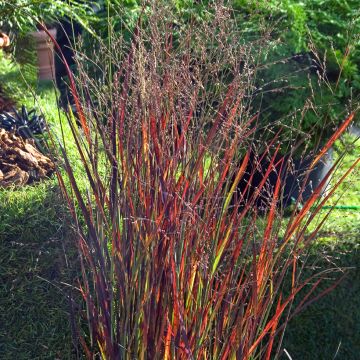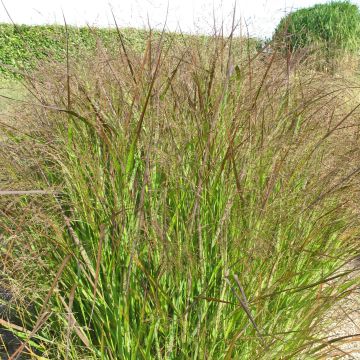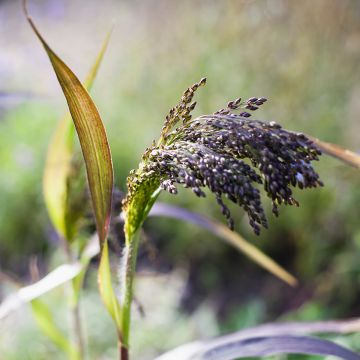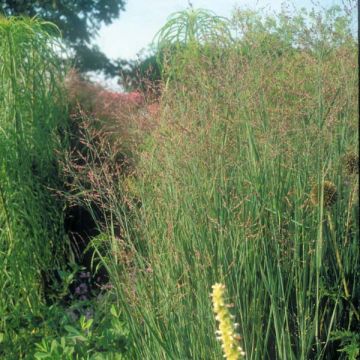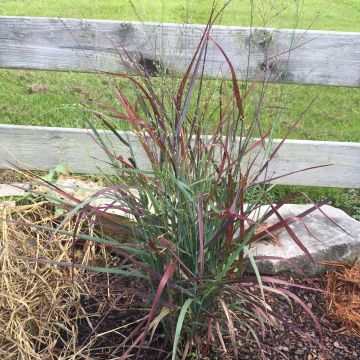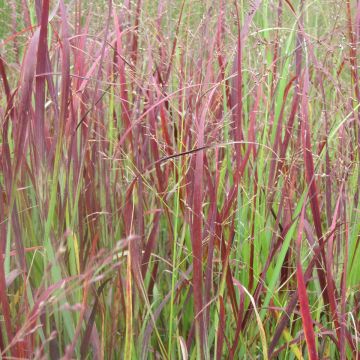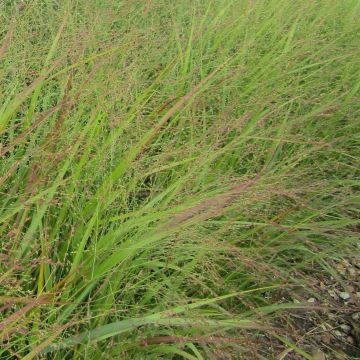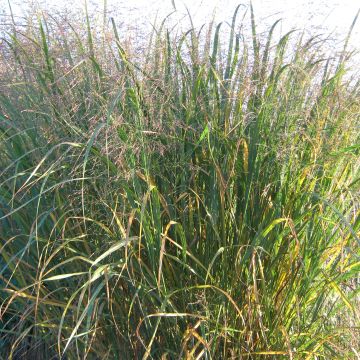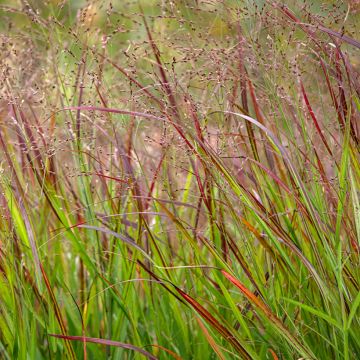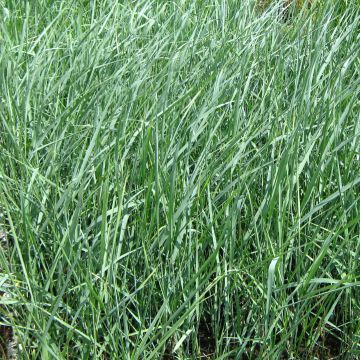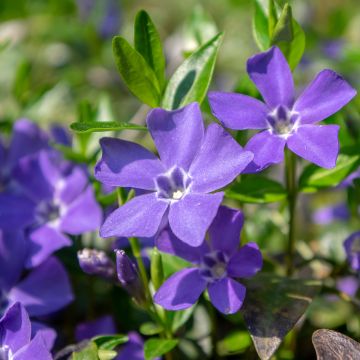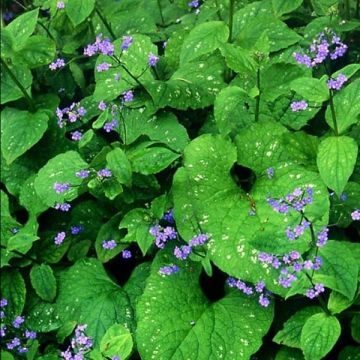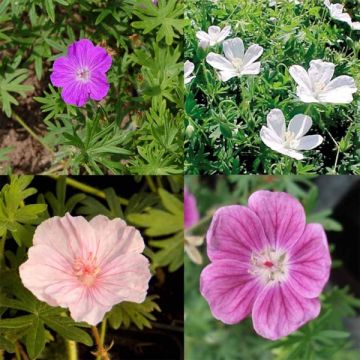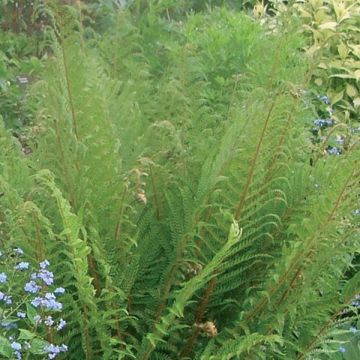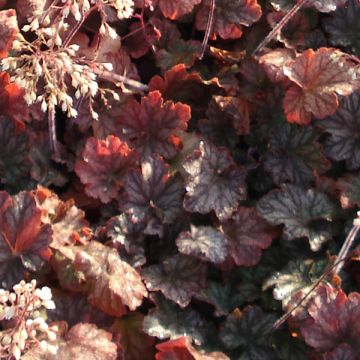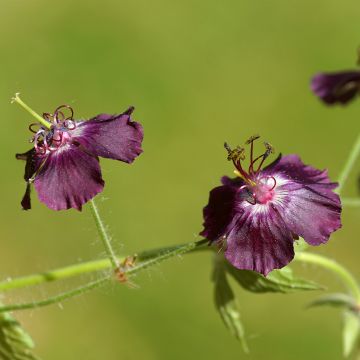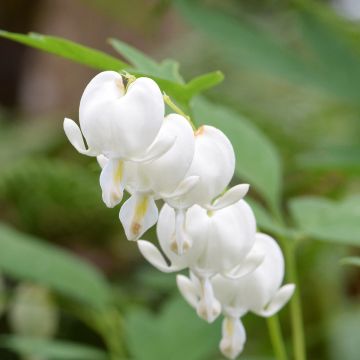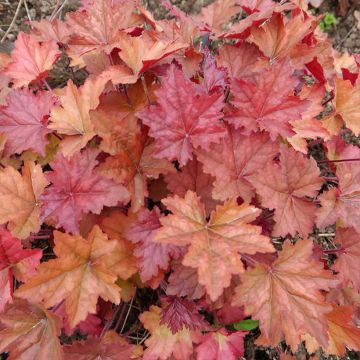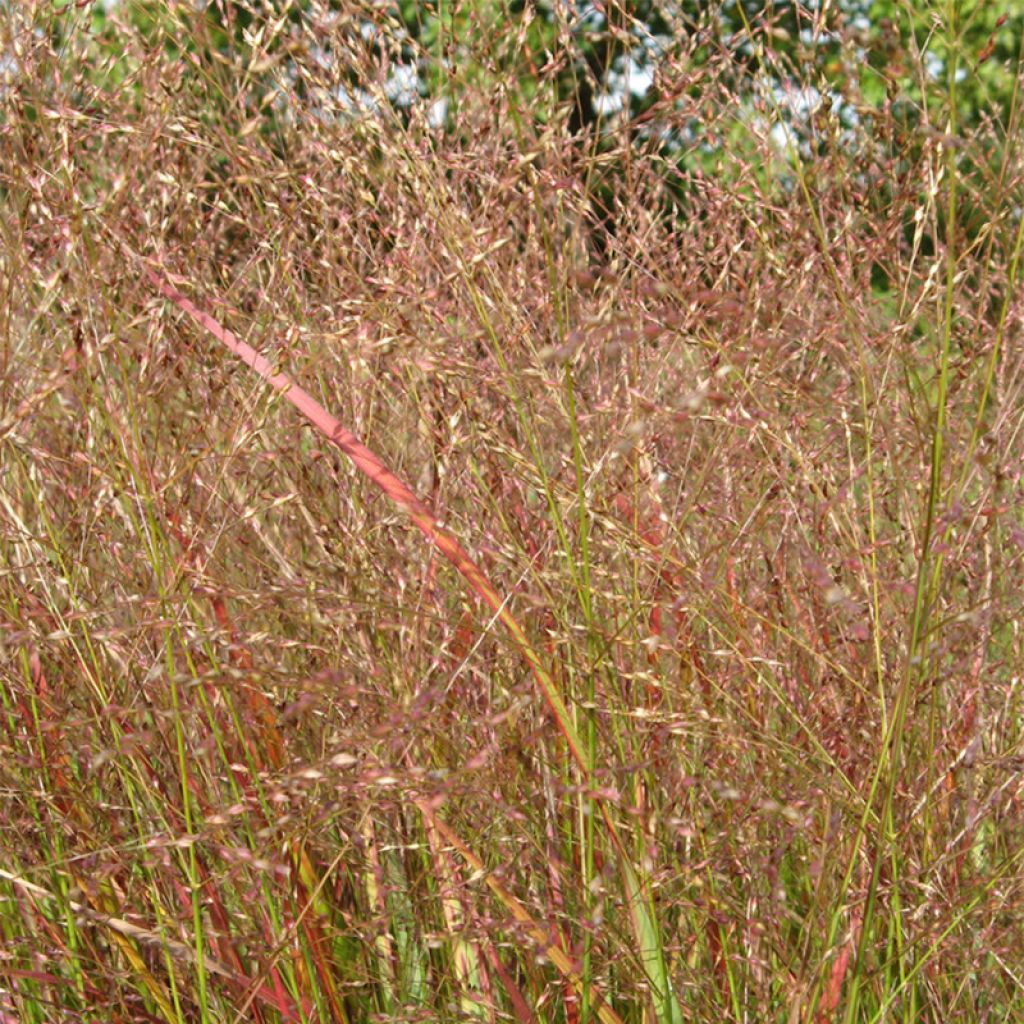

Panicum virgatum Hänse Herms - Switchgrass
Panicum virgatum Hänse Herms - Switchgrass
Panicum virgatum Hanse Herms
Switchgrass
This item cannot be shipped to the selected country
Delivery charge from €5.90
More information
Delivery charge from €5.90
More information
Schedule delivery date,
and select date in basket
This plant carries a 12 months recovery warranty
More information
We guarantee the quality of our plants for a full growing cycle, and will replace at our expense any plant that fails to recover under normal climatic and planting conditions.
From €5.90 for pickup delivery and €6.90 for home delivery
Express home delivery from €8.90.

Does this plant fit my garden?
Set up your Plantfit profile →
Description
Panicum virgatum 'Hänse Herms' is a variety with a compact habit and exceptional summer and autumn colours. It is an easy-to-grow ornamental grass that has a stunning effect and is highly appreciated by landscaping professionals. Forming a dense clump, its long emerald green leaves in spring are invaded by red and orange hues in summer, before turning a dark red-burgundy colour in autumn. Its flowering is also remarkable, with dark pink-purple panicles. This variety stands out for its extreme adaptability to all kinds of soils, although not too poor. With its compact and upright habit and fabulous colours, 'Hänse Herms' is an excellent structural plant in the garden or on a patio.
Panicum virgatum belongs to the Poaceae family, which once reigned over the fertile plains of the American Midwest, providing fodder for the immense herds of wild bison. The variety 'Hänse Herms' is a more colourful and compact form of this non-spreading rhizomatous plant. This cultivar has very thin ribbon-like leaves, which differentiate it from the older cultivar 'Rotstrahlbusch'. It develops quite rapidly into dense and slightly tousled clumps, made up of culms bearing long, bluish-green ribbon-like leaves, marked by a more rigid central vein that allows the foliage to maintain its arched and flexible posture, but prevents it from tipping over in the rain. Its mature dimensions reach about 1m (3ft) in height when in flower (60 to 70cm (24 to 28in) for the foliage) and 70 to 80cm (28 to 32in) in width. Flowering occurs from August to October. Long, stiff stems emerge from the foliage, covered in panicles measuring 40cm (16in) in length. They are made up of countless small flowers tinged with a very dark pink, giving the inflorescence a feathery appearance. In October, the foliage starts to turn a dark red-burgundy colour; the colouration is even more intense if there are large temperature differences between day and night and intense sunlight. This variety changes colour early in the season.
European millet is mainly composed of annual species. Perennial species like Panicum virgatum come from America. Adapted to extreme conditions, panicum can withstand anything: drought, cold, and waterlogged soils. It is versatile and adapts to many situations in the garden. Non-suckering, this tall grass is highly appreciated at the back of slightly wild beds, or planted as a screen. It can be planted with tall wild asters, such as Aster laevis, A. turbinellus, blue asters, and Kalimeris mongolica, or even Helianthus salicifolius, H. maximilianii, and Verbena hastata. It adapts to any soil as long as it is deep. This plant is particularly well suited to coastal areas as it tolerates salt spray. Its deep root system helps to stabilize and protect the soil in winter, and enriches it with organic matter. This characteristic is used on a large scale, as it allows other plants or crops to grow on poor soils where it would not have been possible before.
Panicum virgatum Hänse Herms - Switchgrass in pictures
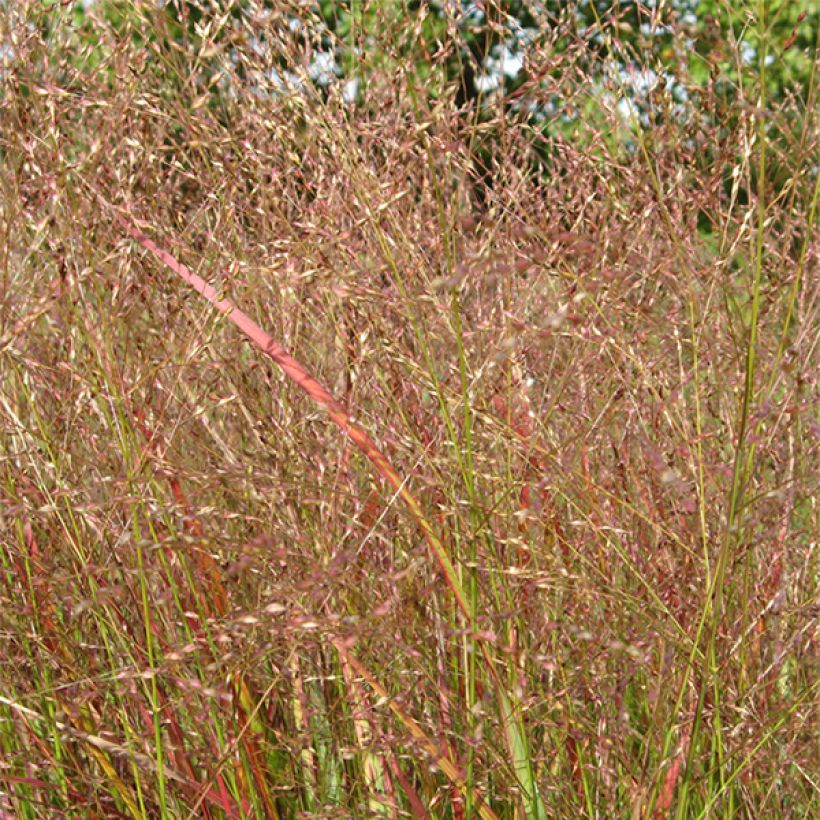

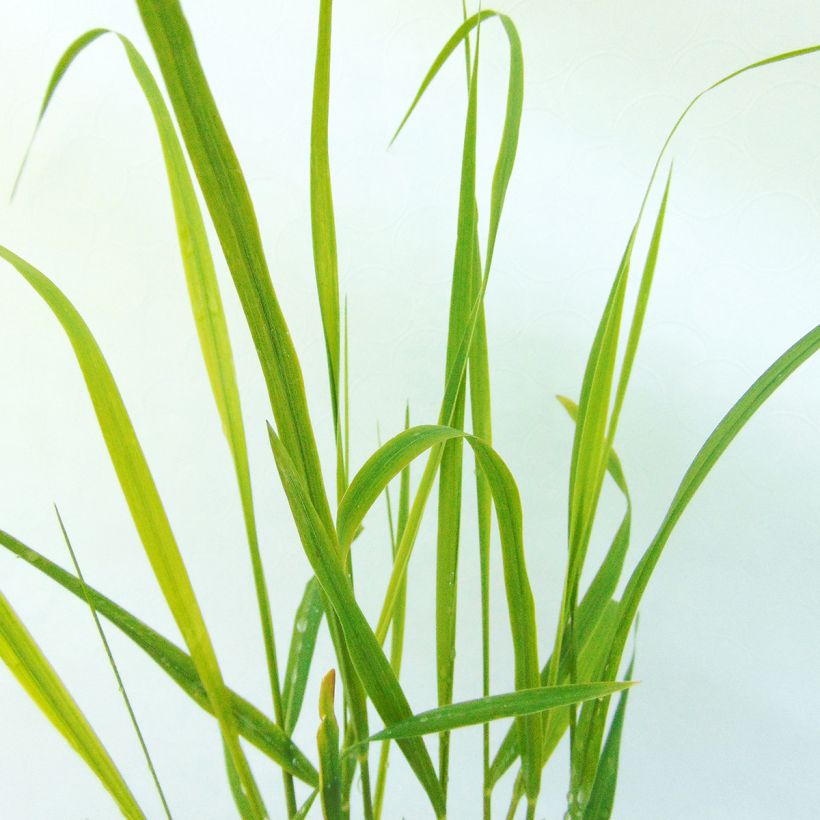

Flowering
Foliage
Plant habit
Botanical data
Panicum
virgatum
Hanse Herms
Poaceae
Switchgrass
Cultivar or hybrid
Other Panicum
Planting and care
This cold-resistant grass can grow in various conditions, although it prefers deep and rich soils, even clayey ones. Plant Panicum virgatum in fertile, deep, dry to moist soil, even damp in summer, and in full sun. The plant appreciates good fertiliser inputs 2 to 3 times a year, before the start of vegetation and during the summer. Cut back the clumps in March-April, at the start of new growth.
Planting period
Intended location
Care
-
, onOrder confirmed
Reply from on Promesse de fleurs
Foolproof perennials
Haven't found what you were looking for?
Hardiness is the lowest winter temperature a plant can endure without suffering serious damage or even dying. However, hardiness is affected by location (a sheltered area, such as a patio), protection (winter cover) and soil type (hardiness is improved by well-drained soil).

Photo Sharing Terms & Conditions
In order to encourage gardeners to interact and share their experiences, Promesse de fleurs offers various media enabling content to be uploaded onto its Site - in particular via the ‘Photo sharing’ module.
The User agrees to refrain from:
- Posting any content that is illegal, prejudicial, insulting, racist, inciteful to hatred, revisionist, contrary to public decency, that infringes on privacy or on the privacy rights of third parties, in particular the publicity rights of persons and goods, intellectual property rights, or the right to privacy.
- Submitting content on behalf of a third party;
- Impersonate the identity of a third party and/or publish any personal information about a third party;
In general, the User undertakes to refrain from any unethical behaviour.
All Content (in particular text, comments, files, images, photos, videos, creative works, etc.), which may be subject to property or intellectual property rights, image or other private rights, shall remain the property of the User, subject to the limited rights granted by the terms of the licence granted by Promesse de fleurs as stated below. Users are at liberty to publish or not to publish such Content on the Site, notably via the ‘Photo Sharing’ facility, and accept that this Content shall be made public and freely accessible, notably on the Internet.
Users further acknowledge, undertake to have ,and guarantee that they hold all necessary rights and permissions to publish such material on the Site, in particular with regard to the legislation in force pertaining to any privacy, property, intellectual property, image, or contractual rights, or rights of any other nature. By publishing such Content on the Site, Users acknowledge accepting full liability as publishers of the Content within the meaning of the law, and grant Promesse de fleurs, free of charge, an inclusive, worldwide licence for the said Content for the entire duration of its publication, including all reproduction, representation, up/downloading, displaying, performing, transmission, and storage rights.
Users also grant permission for their name to be linked to the Content and accept that this link may not always be made available.
By engaging in posting material, Users consent to their Content becoming automatically accessible on the Internet, in particular on other sites and/or blogs and/or web pages of the Promesse de fleurs site, including in particular social pages and the Promesse de fleurs catalogue.
Users may secure the removal of entrusted content free of charge by issuing a simple request via our contact form.

































